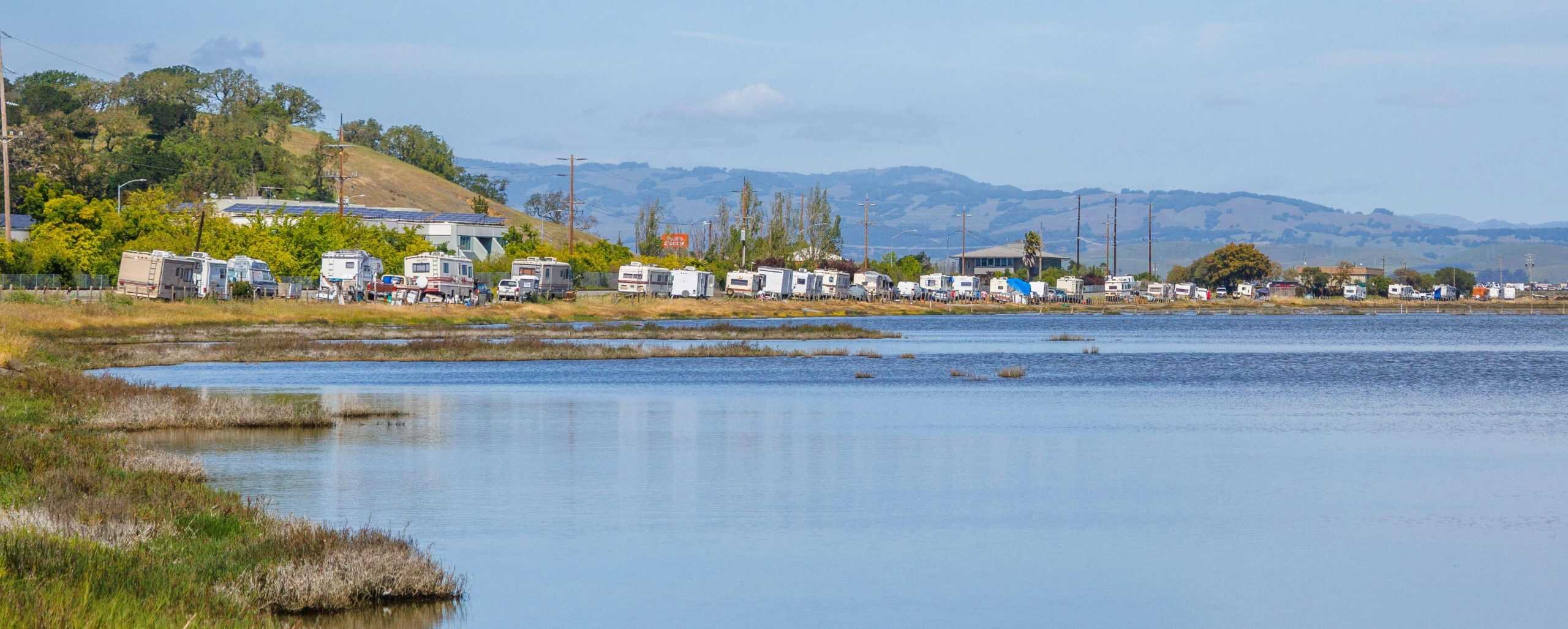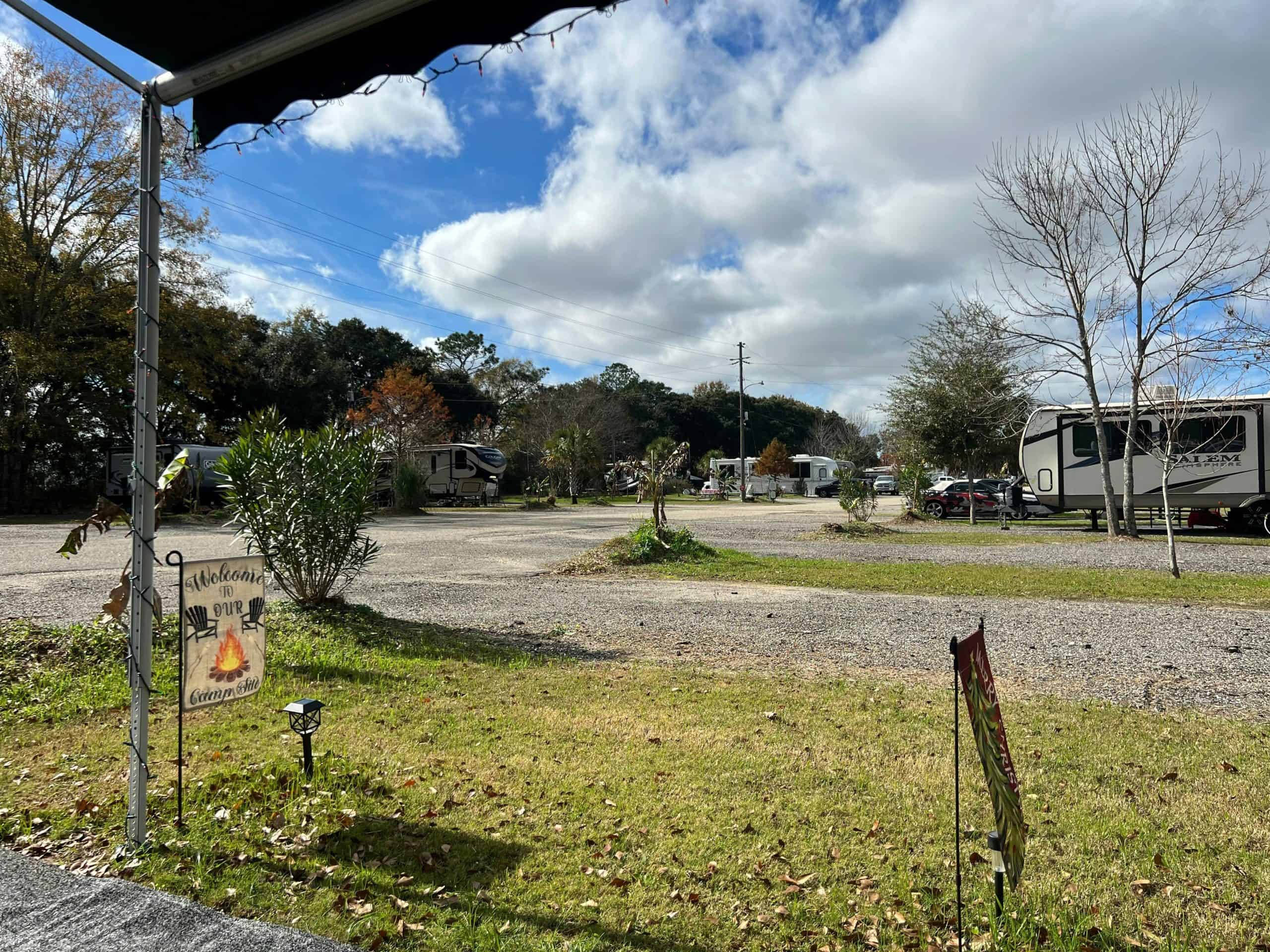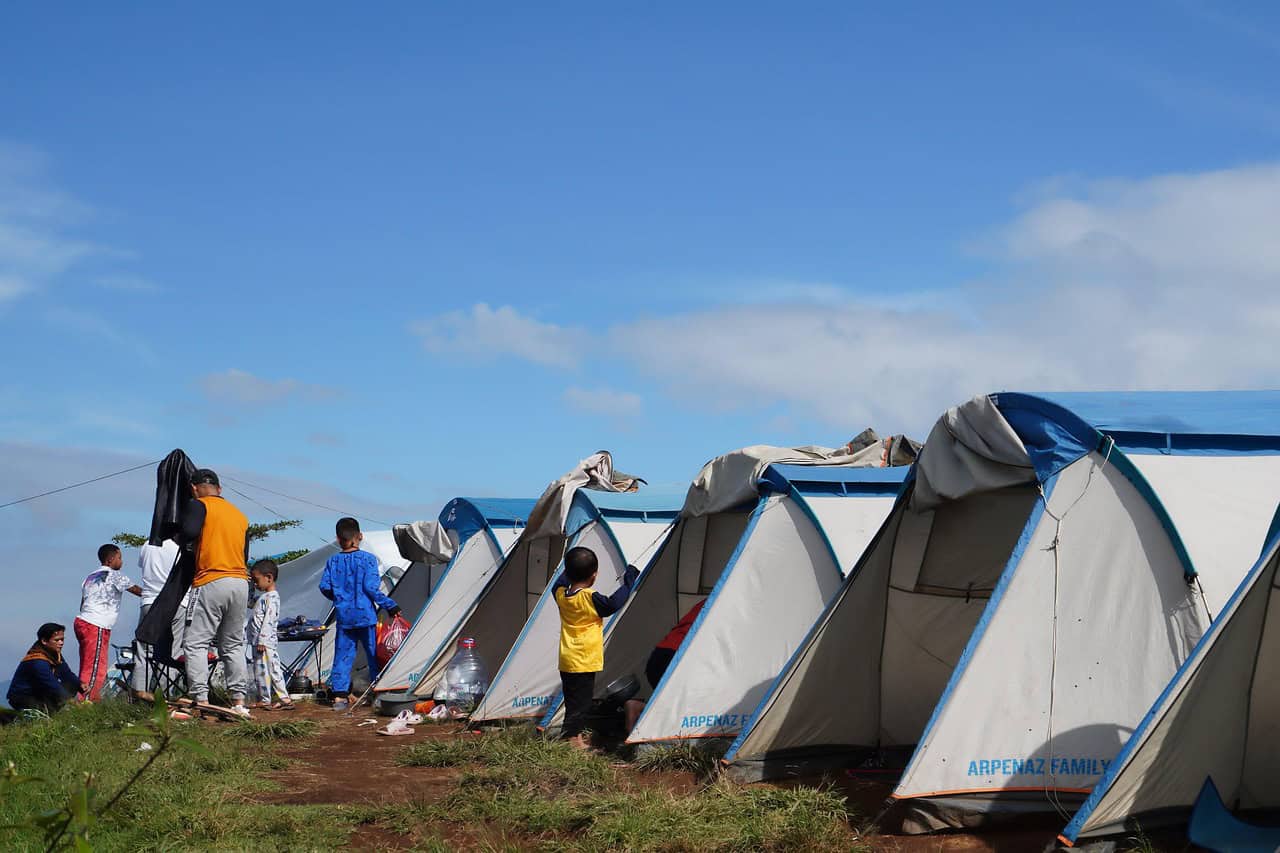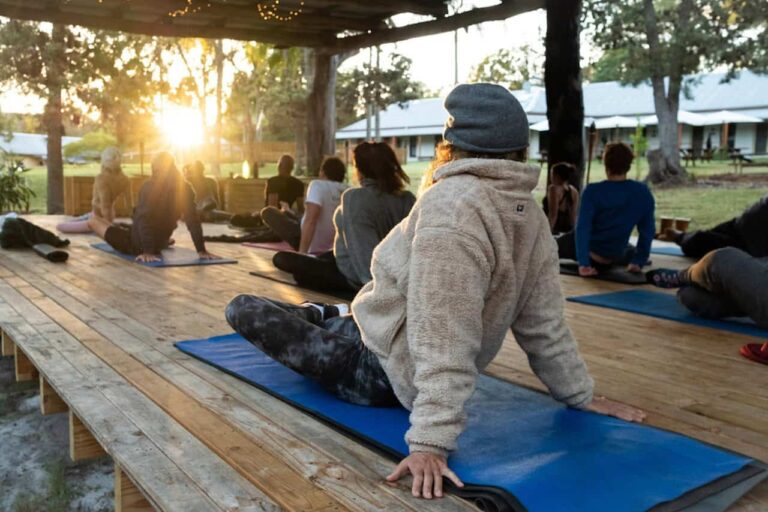Seasonal Campsites: What You Need To Know
Seasonal campsites are basically your summer home away from home, minus the mortgage payments and property taxes. You rent the same spot for an entire camping season (typically 3-6 months), and many campers leave their RVs parked there permanently during this period.
Think of it as a subscription service, but instead of getting monthly boxes of mystery snacks, you get guaranteed access to your own little slice of outdoor paradise. These sites usually come with hookups for water, electricity, and sewer—because let’s face it, nobody wants to rough it that much. The beauty lies in the consistency. You’re not playing campground roulette every weekend, hoping to snag a decent spot. Your site becomes familiar territory where you can actually relax instead of spending half your Saturday figuring out where everything is.
Essential Features to Look For
Must-Have Amenities
When you’re committing to a season-long relationship with a campground, you want to make sure it has everything you need. Clean restrooms and showers top the list—because outdoor living doesn’t mean living like a medieval peasant. Look for laundry facilities if you’re planning extended stays. Nothing kills the camping vibe quite like driving 30 minutes just to wash your muddy hiking clothes.
Recreation That Won’t Get Old
Since you’ll be spending considerable time at your seasonal site, boring amenities will become painfully obvious. Swimming pools are fantastic during hot summer days, while hiking trails provide endless exploration opportunities. Fishing ponds can turn into your personal zen zone, and playgrounds keep the kids (and kid-at-heart adults) entertained. Some campgrounds organize activities like movie nights, potluck dinners, or holiday celebrations. These events can transform strangers into camping buddies—or help you realize you prefer the quiet corner sites.
The Community Factor
Seasonal camping often comes with an unexpected bonus: instant neighbors. Some campgrounds are filled with seasonal campers who return year after year, creating tight-knit communities where everyone knows everyone’s camping setup and coffee preferences. This can be wonderful if you enjoy socializing and making new friends. However, if you’re seeking solitude and peaceful mornings, make sure to visit during busy weekends to gauge the social atmosphere before committing.
Location Matters More Than You Think

Proximity to Home
The sweet spot for seasonal campsites is usually within a two-hour drive from home. Close enough for spontaneous weekend trips, but far enough to feel like a real getaway. Any closer and you might as well stay home; any farther and the drive becomes a dreaded chore rather than the start of your adventure.
Local Attractions and Activities
Even paradise can get repetitive after several months. Research what’s within an hour’s drive of your potential seasonal site. State parks, lakes, hiking trails, charming towns, or family attractions can provide fresh experiences throughout the season. Consider practical necessities too. Are there grocery stores, hardware stores, and medical facilities nearby? You don’t want to drive 45 minutes just to buy hot dogs for your campfire dinner.
Understanding the Financial Investment
The Real Cost Breakdown
Seasonal campsites typically range from $2,000 to $10,000 per season, depending on location, amenities, and duration. Before your wallet starts hyperventilating, consider this: if you camp every other weekend for six months, you’re looking at 12-15 camping trips. Many campgrounds charge $45-60 per night, so the math often works in your favor. However, the sticker price isn’t everything. Some campgrounds charge extra for electricity usage, guest fees, or pet fees. Others include utilities in the base price. Ask for a complete fee schedule before signing anything—surprise costs are about as welcome as raccoons in your cooler.
Payment Options and Policies
Many campgrounds offer monthly payment plans instead of requiring the whole amount up front. This can ease the financial burden and make seasonal camping accessible to more families. Pay attention to cancellation policies too. Life happens, and you want to understand your options if circumstances change. Some campgrounds offer partial refunds early in the season, while others have strict no-refund policies.
Research Like Your Vacation Depends on It

Online Reviews Are Your Friend
Previous seasonal campers are goldmines of information. They’ve experienced the campground through multiple weekends, holidays, and weather conditions. Look for reviews that mention long-term stays rather than just overnight visits. Pay attention to comments about management responsiveness, facility maintenance, and the overall atmosphere during peak times. A campground that’s peaceful during a random Tuesday might turn into party central during holiday weekends.
Visit Before You Commit
Nothing beats experiencing a campground firsthand. Plan trial weekends, especially during popular times like Memorial Day or Fourth of July. This gives you a taste of what your seasonal experience will be like when the campground is at capacity. Talk to current seasonal campers during your visit. Most are happy to share their experiences, both positive and negative. They’ll give you insights that no website or brochure can provide.
Making Your Seasonal Dreams a Reality
Once you’ve found your perfect match, securing your spot becomes the priority. Popular campgrounds often have waiting lists for prime sites, so plan ahead. Some veterans recommend booking your next season before the current one ends.
Remember to pack differently for seasonal camping. Since you’re not constantly packing and unpacking, you can bring items that make your site feel more like home—better camp chairs, outdoor rugs, string lights, or even a small outdoor kitchen setup. When you arrive for your first season, take time to introduce yourself to neighbors and staff. Building relationships enhances your experience and can provide valuable local knowledge about the best fishing spots, hiking trails, or nearby attractions.
The seasonal camping lifestyle isn’t for everyone. Still, for those who embrace it, it offers something special: a chance to slow down, connect with nature consistently, and build lasting memories without the constant hustle of traditional weekend camping. Your weekend getaway becomes less about escaping and more about coming home to your outdoor sanctuary.







